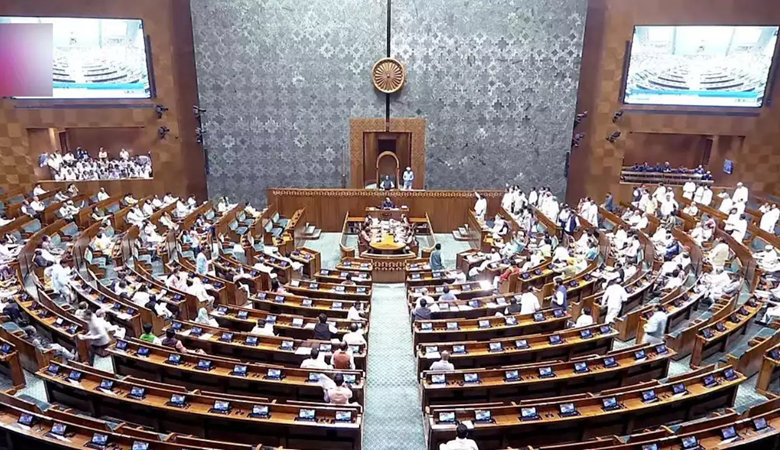Modi Government to Introduce Bill Limiting Waqf Boards’ Powers: Key Changes to Expect

News Mania Desk/Agnibeena Ghosh/4th August 2024
The Indian government is set to introduce a bill aimed at significantly curtailing the powers of Waqf Boards in declaring any property as a ‘waqf asset’ and taking control of it. This move follows the Cabinet’s approval of nearly 40 amendments to the Wakf Act, formerly known as the Waqf Act before 2013. Sources have disclosed these developments to Times Now, indicating a major legislative shift in how waqf properties are managed and regulated.
Under the proposed amendments, every claim made by Waqf Boards over properties will require mandatory verification. This verification process will extend to disputed properties as well, ensuring that any property under contention is thoroughly scrutinized before being classified as a waqf asset. This procedural change aims to bring greater transparency and accountability to the management of waqf properties, which number around 8.7 lakh, encompassing approximately 9.4 lakh acres.
The introduction of this bill to amend the Wakf Act is expected to happen in Parliament next week. The anticipated changes are a significant departure from the amendments made in 2013 by the then UPA government, which had increased the powers of Waqf Boards. The original Wakf Act of 1995 was designed to regulate ‘auqaf,’ or assets donated and designated as waqf by a wakif, who is an individual dedicating property for purposes recognized by Muslim law as pious, religious, or charitable.
One of the major points of contention has been the extensive powers granted to state waqf boards, allowing them to claim any property without mandatory verification, leading to delays in property surveys in various states. The new bill aims to address these issues by involving district magistrates in monitoring waqf properties, thus preventing potential misuse. This oversight by district magistrates is intended to streamline the process and ensure that waqf properties are managed properly and legally.
Additionally, the bill is expected to scrutinize the current appeal process, which has been identified as flawed. By addressing these shortcomings, the government aims to create a more efficient and transparent system for handling disputes related to waqf properties. The modifications to the composition of Waqf Boards and the repeal of certain provisions of the current law are also on the agenda, signaling a comprehensive overhaul of the existing framework.
The sweeping changes proposed in the bill reflect the government’s intent to balance the powers of Waqf Boards with the need for accountability and fairness. By introducing mandatory verification processes and involving district magistrates in property monitoring, the government aims to prevent the arbitrary declaration of properties as waqf assets. This move is likely to be welcomed by individual property owners and state entities such as the Archaeological Survey of India, who have often found themselves at odds with the broad powers exercised by Waqf Boards.
In summary, the Modi government’s proposed amendments to the Wakf Act represent a significant shift towards increased oversight and regulation of waqf properties. By mandating verification processes and involving district magistrates, the bill aims to bring greater transparency and accountability to the management of these assets. As Parliament prepares to debate and potentially pass this bill, it marks a critical juncture in the ongoing efforts to ensure that waqf properties are managed fairly and efficiently.






